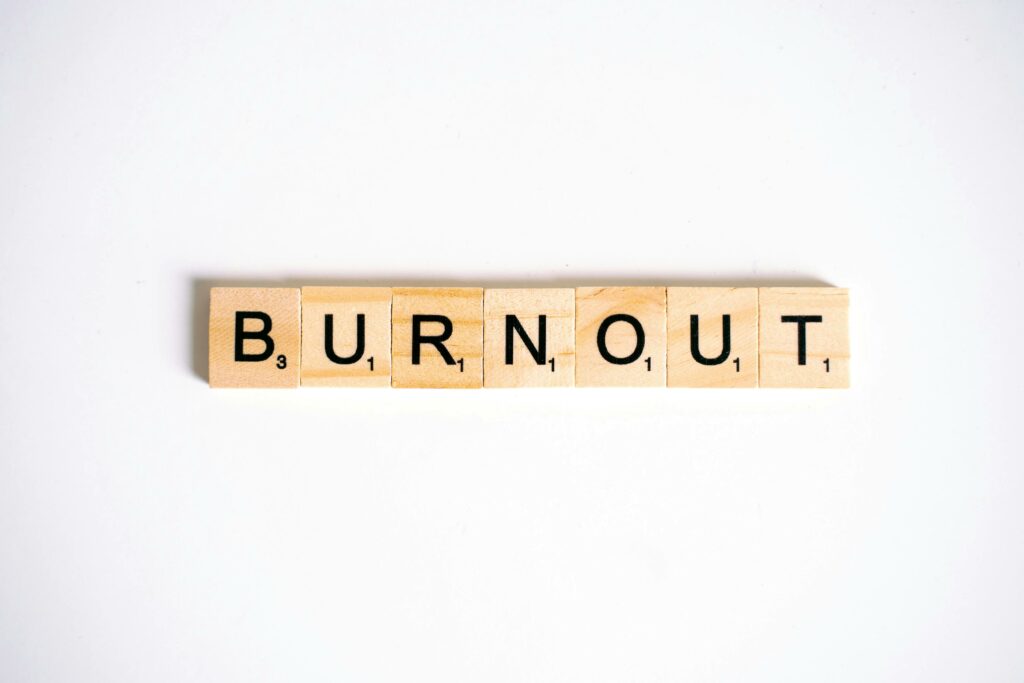When “Fine” Isn’t Fine: How to Spot Burnout Before It Hits
We all say, “I’m fine.” But what if that word is really a cover for something else? Most of the time, burnout doesn’t happen all at once. It sneaks in quietly, hiding under tiredness, boredom, or that feeling of “meh” that never goes away. You feel tired, unmotivated, and confused about how you got here before you know it.

This article talks about the first indicators of burnout and why that “fine” feeling might not be what you think it is. If you’ve been feeling strange but can’t quite put your finger on why, keep reading—you might be able to stop burnout before it gets you.
A big breakdown doesn’t usually happen when someone is burned out. It can start with little things, like feeling more fatigued than normal, snapping at people you care about, or having trouble focussing on things that used to be easy. You can think it’s just a terrible week or that you have too much work to do, but when those signals last for weeks or months, it’s time to pay attention. That feeling of always being out of gas? It’s not normal, and it can’t last.
One of the worst things about burnout is how adept we are at acting like we’re fine. “Fine” is what we use to protect ourselves. We say it to our friends, coworkers, and even ourselves. But the happiness is slipping away. You no longer look forward to things you used to like. You start to check out mentally, emotionally, and socially. Your motivation feels like it’s on vacation without you, and tasks seem harder. Your body even joins in on the act: headaches, stress, and difficulties sleeping. These aren’t random; they’re alarms going off.
It’s funny that the individuals who care the most are often the ones who get burned out the most. People who are high achievers, perfectionists, or always say “yes” keep going until they can’t anymore. And since burnout isn’t just about being weary, it’s also about being drained, rest alone isn’t always the remedy. You really need to get better. And that begins with being conscious.
Your superpower is being able to see burnout early. It provides you an opportunity to get back on track before things go out of hand. That could entail setting better limits, really taking breaks (not just browsing through your phone between meetings), or talking honestly with the people around you. It could involve asking for help, which is a hard but powerful thing to do. And sometimes it means letting yourself slow down without feeling bad about it.
So the next time you say you’re “fine,” stop and ask yourself if you actually are. Or is that just a way to avoid saying what you really want to say? It’s not cool to be burned out. It’s a sign. And the sooner you see it, the more chance you have of coming back stronger, clearer, and really fine this time.




